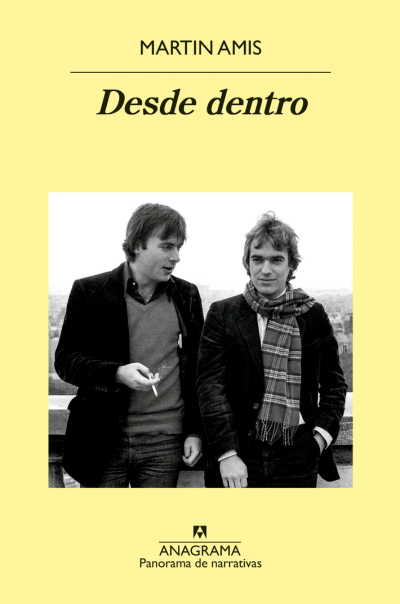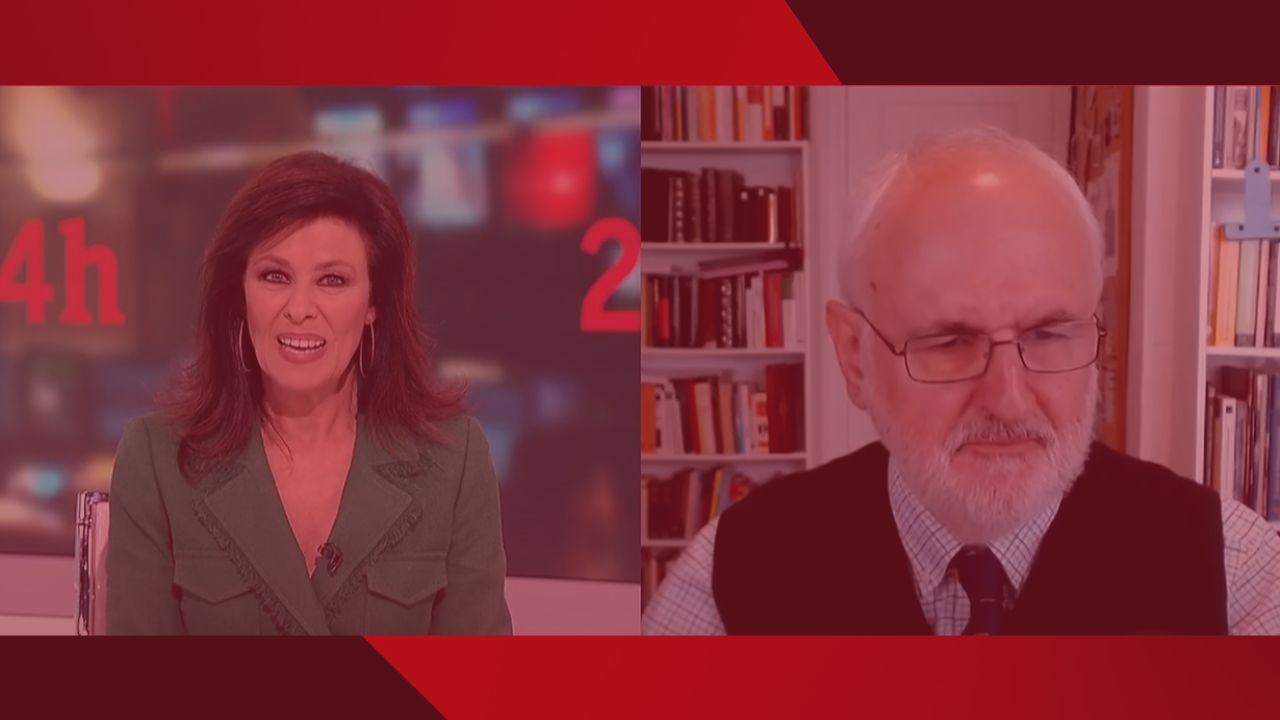The legacy of classical liberalism consolidates the basis of a modern Western state. This concept overthrows the absolutism of the old regime and forms a system in which power is shared among the three fundamental pillars of a Rule of Law: the legislative branch, which is responsible for creating the law, an executive branch, which imparts the law, and a judicial branch, which passes sentences and ensures compliance. Despite this, the first two are often confused, as the legislative body carries out its own functions and, at the same time, those of enforcement. In contrast, the third one has always maintained, to date, a certain distance and independence, thus ensuring that the Rule of Law is not fragmented.
In this way, it safeguards legality and protects the rights of all Spaniards, without the public interest being attacked by a sectarian one. To this end, it is essential the submission to the principles of legality (the Constitution and other regulations integrating the legal system), and impartiality, whereby judges and prosecutors must act with total autonomy and objectivity.
However, Pedro Sánchez’s statements in an interview on 6 November on RNE put these principles in check. «And on whom does the Prosecutor’s Office depend? Well, that’s it,» he said, alluding to its dependence on the government and, therefore, on the executive branch. It is true that he would later rectify this, making it clear that it enjoys full sovereignty and that it is simply «backed by the government».
Despite this, the controversy over the General State Prosecutor’s Office (GSPO) resurfaced, as a result of Sanchez’s proposal to appoint Dolores Delgado as the General’s State Prosecutor. This is an extremely important position, which, due to her appointment as Minister of Justice in the previous legislature and her candidacy as a deputy in the last elections, may question the impartiality and independence of this body.
For thirty years, the appointment of the General Prosecutor of the State had not given rise to such a discrepancy. Interestingly, a precedent for this controversy can also be found in a socialist government. Javier Moscoso, who was Felipe Gonzalez’ Minister of the Presidency, would occupy the same post four years later, in 1986.
Sanchez doesn’t seem to see anything wrong with the record of her former Justice Minister and Congresswoman. Far from it, he calls it «impeccable» and «without contradiction», and has only asked her to act with total independence.
This proposal was also supported by current Vice President Pablo Iglesias, who argues that «all judges and prosecutors have their ideology, and it is legitimate in a democracy as long as it does not override the law,» so, in his opinion, Delgado «deserves a chance. A very different position from the one he held in 2018, when he was only the leader of Podemos and even demanded the resignation of the then Minister of Justice, because of her relationship with former commissioner José Manuel Villarejo. Iglesias claimed that a government could not be made up of «friends» of the «garbage and sewage of the state. The concept of the ‘revolving door’ was also brought up in a speech of his, this time in 2016. In it, he strongly attacked the transfer of public service positions to the private sector, as this encouraged the use of privileged information in this area, which, in his words, fuelled corruption.
The passage of a high official from the Spanish government to the judiciary would not be far from this idea of the «revolving door», which Iglesias himself called «treasonous to Spain». However, today he is not afraid to retract and defend its legality, since «the law does not regulate a time limit for jumping from one position to another». That is true, but precisely because of this, the short period of time that has elapsed between her position as Minister and Member of Parliament and as General Prosecutor may influence her decisions. Delgado will have to stop acting under the mandate and ideology of the PSOE from one day to the next.
The passage of a high public office from the Spanish government to the judiciary would not be far from the idea of a «revolving door» that Iglesias called «treasonous to Spain»
In addition to Sanchez and Iglesias’ support for this candidacy, the General Council of the Judiciary (GCJ) issued its report on January 16. Twelve from the twenty members voted in favour and seven against, in the absence of a vote for sick leave. Thus, the GCPJ suffered a historical fragmentation, with the election of Moscoso as the only precedent. The report issued by this body is mandatory, but not binding, and is limited to validating, according to art. 29 of the Organic Statute of the Public Prosecutor’s Office, Law 50/1981 of December 30, the legal conditions of the position of General State Prosecutor.
In this sense, the president of the GCJ, Carlos Lesmes, with his vote in favor, declares that «in view of the referred documentation, it can be concluded that the requirements demanded by the invoked legislation are fulfilled in the referred candidate». A quiet flat and procedural support, in which he avoided making any statement about Delgado’s «suitability». A suitability that was alluded to in the reports on the proposal of the previous prosecutors: Luis Maza, Julián Sánchez Melgar, María José Segarra, or Eduardo Torres-Dulce, whose «merits are beyond doubt» were mentioned.
Despite the majority approval of the GCJ, there is a strong opposition formed by seven conservative members, who assessed negatively the suitability through their particular vote, considering that there was an appearance of link with the executive branch, which therefore would not favour the image of independence, besides being able to influence the decisions of the new prosecutor. This substantial internal division further fosters the growing discredit of the judiciary, which will now see the presidency of its Public Prosecutor’s Office obscured by a criticised Council report.
As mentioned above, the GCJ is subject to the provisions of the Organic Statute of the Public Prosecutor’s Office when issuing its report, with which it supports or not the Government’s proposal. This Law 50/1981 of December 30, introduces in its article 2 the principles of own legal personality, functional autonomy, unity of action and the system of hierarchy, subjected to the legality (art. 6) and impartiality (art. 7) of the body.
Two concepts that conservative vocals have considered to be in danger with this future appointment. The fact is that the legality and impartiality of the Prosecutor’s Office are the two essential pillars for it to correctly carry out its functions, subordinating itself to legal control and avoiding possible external interference. This is necessary because it establishes relations with other public authorities, especially with the Government, «which may interest to the Public Prosecutor’s Office to promote the corresponding actions in defence of the public interest in the courts» (art. 8). Therefore, he is a key figure in curbing partisan or sectarian interests to prevent them from entering the courts under the guise of «public interest» like a Trojan horse.
It is worth noting the internal power that this position holds, since it is the highest authority of the Public Prosecutor’s Office, and gives the appropriate orders and instructions to the service of that institution; its direction and inspection (art. 22). In addition, it has the power to propose to the Government the promotions and appointments of the various posts in the Office of the Public Prosecutor, as stipulated in article 13. To understand this, we must refer to the articles cited and also to art. 29, Title III, Chapter II, since it states that the State Prosecutor shall be appointed by the King, but at the proposal of the Government, previously heard by the GCJ, whose report shall not be binding. The criteria for his election are the candidate’s recognized prestige as a lawyer and more than fifteen years in the practice of their profession. Delgado has a long career of 28 years in the Public Prosecutor’s Office, so she more than meets the time requirement. However, this career was interrupted by her performance as Minister of Justice during a year and a half in the previous government, and by her presentation to the November elections as a PSOE deputy.
These latter facts will be the crucial point of the legal conflict arising from this proposal, and which are set out in Chapter IV, in relation to the «incompatibilities and prohibitions» of the post. With respect to «incompatibility», Article 57.3 establishes that a position under a political appointment by the State could not be held by the General Prosecutor. In the case of Delgado, there would no longer be a legal incompatibility, since on January 10 she left her ministerial post by order of Sánchez, and she ceased to be a deputy on January 16.
At this point, it is appropriate to analyze Article 59, since it regulates the content that has generated such dissensions in the GPCJ. It states that «members of the Public Prosecutor’s Office may not belong to political parties or trade unions or be employed in their service. Likewise, they may not take part in legislative, autonomous or local elections, except to cast their personal vote». Although Delgado is no longer a minister or a deputy, it would be naïve, however, to claim that she no longer belongs to the PSOE. To what extent has her leaving the post of deputy emancipated her from the political party? Is Delgado an outsider to the formation of Sanchez? Let us remember that, a few days ago, she was still in the Government as a deputy, and her decision was motivated solely by legal reasons and compatibility, that is, of a formal nature, which keeps her in a «limbo» between the Government and the Prosecutor’s Office. Thus, the doubtful aspect of his candidacy does not lie in the mere formality of his figure, but in the existing link with the Sanchez Executive. In this way, the Prosecutor’s Office has been the object of negotiation with the Catalan independence movement, which demanded «a gesture» to alleviate the conflict, as a condition for agreeing the State budget, and an electoral promise to bring back a Carles Puigdemont who on 13 January was attending the plenary session in Strasbourg for the first time as an MEP.
The possibility to maintain the impartiality and independence required by the Organic Statute of the Public Prosecutor’s Office has been seriously questioned, both in the political environment and within the GCJ, causing a radical and historical division. Thus, it has unleashed the deep rejection of the opposition, in what Vox defines as «one more proof of Pedro Sánchez’s institutional coup for PSOE to take over the State». Like Ciudadanos, they consider it as a «direct attack» on the division of powers and the rule of law, which will lead PP to appeal against Delgado’s appointment, as announced by their leader, Pablo Casado. On the other hand, and despite the institutional support of the GCJ and its president, Lesmes, a significant part of the members of PP expressed with their particular vote a deep concern about the image of dependence and partiality that the FGE may show with Delgado.
After the communication of the proposal to Congress, Sanchez’s candidate would be appointed by the King as the twenty-third General Prosecutor of the State. If this were to happen, our democracy would witness a second case in which this position is in question, after the one of Moscoso, and the first time that it is held by a former Minister of Justice and PSOE member of parliament who has been censured on two occasions by Congress and once by the Senate, after having lied in her statements on the Villarejo case and having abandoned Judge Pablo Llarena in the face of Puigdemont’s claims.
The situation of the judiciary in Spain is therefore not very fortunate. It is once again in disrepute, since the attack on its substantive principles of impartiality, independence, objectivity and autonomy jeopardises its legality and, with it, the entire system of separation of powers, which is the guarantor of our Rule of Law.






